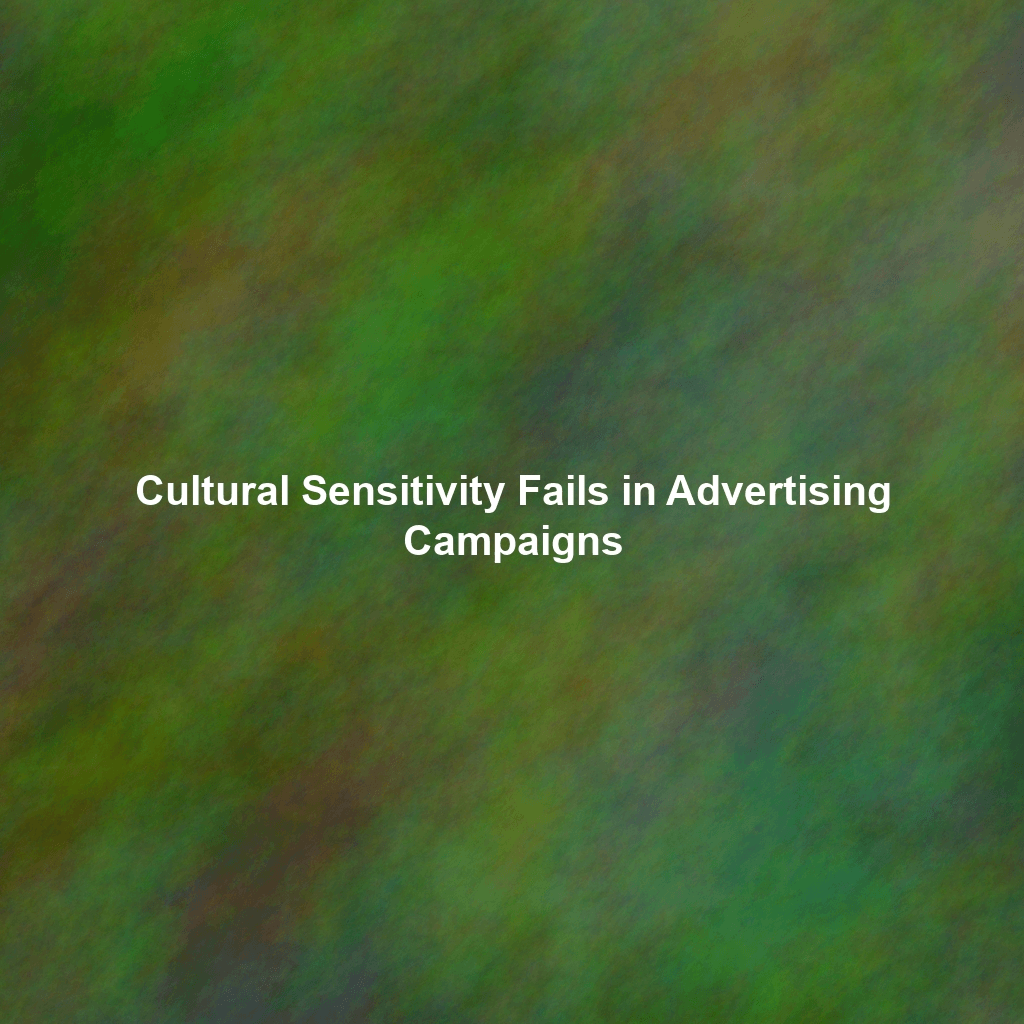For decades, Mattel has been synonymous with childhood. From Barbie dolls and Hot Wheels cars to Masters of the Universe action figures, the company’s toys have populated playrooms and fueled imaginations worldwide. But as those children grew up, Mattel cleverly adapted its marketing strategy to resonate with a new demographic: adults yearning for a taste of their youth. This article explores how Mattel effectively leverages nostalgia, specifically targeting adults who grew up with their iconic toys, through limited-edition releases, strategic collaborations, and clever brand extensions, examining the significant impact of this strategy on brand loyalty and sales.
The Power of “Remember When?”: Mattel’s Nostalgia Playbook
Nostalgia marketing taps into the emotional connection people have with the past. For Mattel, this means capitalizing on the warm, fuzzy feelings associated with childhood memories of playing with their toys. The strategy works because it’s not just about selling a product; it’s about selling a feeling, a memory, a connection to a simpler time. Mattel’s approach is multifaceted, utilizing several key tactics:
Limited Edition Releases: The Collector’s Dream
One of the most successful strategies is the release of limited-edition versions of classic toys. These are often meticulously recreated with enhanced details and packaging designed to appeal to the discerning collector. Think of the anniversary edition Barbie dolls, meticulously replicating vintage designs, or the premium Hot Wheels models that command high prices in the secondary market. The scarcity of these items creates a sense of urgency and exclusivity, driving demand among adult collectors eager to own a piece of their childhood.
Strategic Collaborations: Blending Past and Present
Mattel has mastered the art of collaborations, partnering with brands and personalities that resonate with the adult demographic. These collaborations often bridge the gap between the nostalgia of classic toys and contemporary trends. Examples include clothing lines featuring retro Barbie prints, or designer collaborations that reimagine classic toy designs with a modern aesthetic. These partnerships introduce Mattel brands to new audiences while reinforcing their enduring appeal among existing fans.
Brand Extensions: Expanding the Nostalgia Footprint
Beyond toys, Mattel has cleverly extended its brands into various product categories, further tapping into the nostalgia market. This includes apparel, accessories, home goods, and even entertainment. Movies and TV shows based on Mattel properties like Barbie and Masters of the Universe have proven incredibly successful, not only introducing the brand to a new generation but also reigniting the passion of adult fans who grew up with these characters. The “Barbie” movie (2023) is a prime example, showcasing how nostalgia can be leveraged into a global phenomenon.
Keywords: Tapping into the Search for Yesterday
Effective nostalgia marketing relies on reaching the right audience. Mattel’s online presence is carefully optimized with keywords that resonate with adults seeking a nostalgic connection. Key terms include:
- Mattel nostalgia: A broad term encompassing the general interest in Mattel’s classic toys and brands.
- Barbie collector: Specifically targets individuals interested in collecting Barbie dolls, particularly vintage or limited-edition models.
- Retro toys: A general term that captures the broader interest in toys from past eras, including Mattel products.
- Vintage Hot Wheels: Targets enthusiasts looking for older Hot Wheels cars, a popular collectible item.
- Masters of the Universe Classics: Appeals to fans of the 1980s action figure line seeking collectible reproductions.
By strategically incorporating these keywords into website content, product descriptions, and social media campaigns, Mattel ensures that its nostalgia-driven marketing efforts reach the intended audience.
The Impact: Brand Loyalty and Sales Boost
Mattel’s focus on nostalgia marketing has yielded significant results. By appealing to the emotional connection adults have with their childhood toys, the company has successfully fostered brand loyalty and driven sales. Adult collectors represent a valuable customer base willing to spend significant amounts on limited-edition items and nostalgic merchandise. Moreover, the resurgence of classic brands has helped Mattel maintain its relevance in a competitive market, proving that sometimes, the best way to move forward is to look back.
Examples of Success: More Than Just Toys
- The Barbie Movie (2023): A cinematic triumph that not only entertained but revitalized the Barbie brand, connecting with audiences of all ages and driving sales of related merchandise.
- Hot Wheels Legends Tour: A real-world event that celebrates custom car culture and features limited-edition Hot Wheels car releases, creating a vibrant community of collectors and enthusiasts.
- Masters of the Universe: Revelations (Netflix): A continuation of the original 1980s animated series, appealing to adult fans while introducing the franchise to a new generation.
Conclusion: The Enduring Appeal of Childhood Memories
Mattel’s successful navigation of nostalgia marketing demonstrates the enduring power of childhood memories. By strategically leveraging its iconic brands and appealing to the emotional connection adults have with their toys, Mattel has created a powerful marketing engine that drives brand loyalty and sales. The company’s commitment to quality, innovation, and understanding its audience ensures that its nostalgia-driven efforts will continue to resonate with collectors and enthusiasts for years to come, proving that the magic of childhood, carefully preserved, can be a powerful force in the marketplace.
 Skip to content
Skip to content

